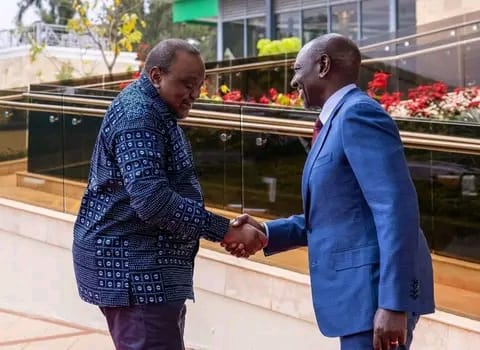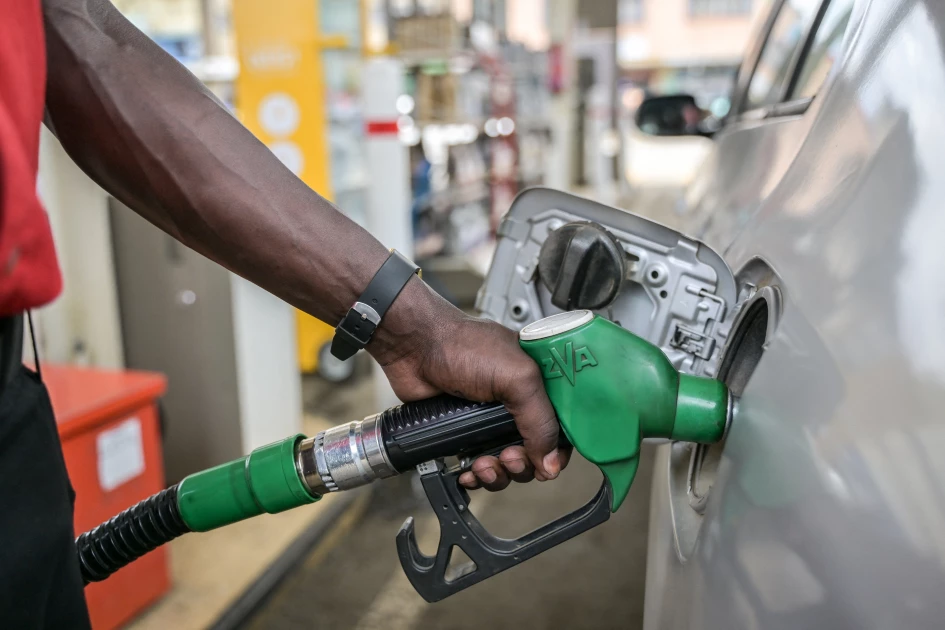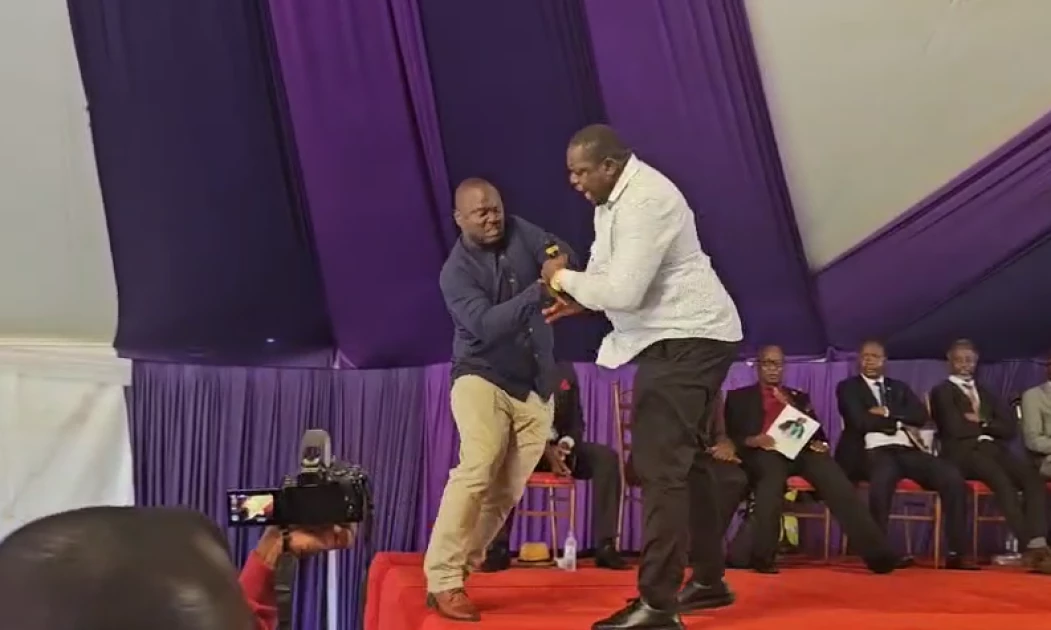
A simmering rivalry between Kenya’s top anti-corruption body and the public prosecutor has burst into the open after it emerged that 18 high-profile graft cases from 15 counties have been dropped by the Office of the Director of Public Prosecutions (ODPP) since 2013—despite what investigators say were watertight files.
The Ethics and Anti-Corruption Commission (EACC) now claims its lack of power to prosecute is crippling the fight against corruption, allowing powerful suspects to escape justice and making it nearly impossible to recover stolen public funds.
The startling revelation was made in a new report presented to the Senate County Public Accounts Committee (CPAC), laying bare how completed investigations repeatedly stall at the prosecution stage.
EACC CEO Ahmed Mahmoud disclosed that the majority of the withdrawals occurred recently. “The major withdrawals happened between 2023 and 2024, with five and seven cases dropped respectively. So far in 2025, two cases have already been withdrawn,” he said.
According to the EACC, the trend doesn’t just dent public confidence—it also wastes millions of shillings and countless hours of investigative work, especially when cases are terminated without prior consultation.
Senators from across the political aisle expressed outrage during the session, demanding answers from the ODPP and questioning the transparency of its decisions.
Nandi Senator Samson Cherargei captured the mood with a pointed query: “I’m looking at a situation where the ODPP is not just terminating a case but claims to have recovered the stolen funds. How does the ODPP manage to recover money without prosecuting?”
Isiolo Senator Fatuma Dullo echoed the sentiment, pressing the issue of accountability: “Even if the DPP has the legal authority, does he understand the resources spent on these investigations? How does he just withdraw a case without engaging the investigating agency?”
In response, the EACC is now pushing for a major legal overhaul. The commission wants lawmakers to amend existing laws to grant it independent prosecutorial powers, arguing this would ensure more consistent and successful outcomes in court.
EACC Chairperson David Oginde pointed to the agency’s strong track record in civil recovery as proof of its competence. “It would be better if we were allowed to pursue civil recovery independently. As the CEO mentioned, our success rate in asset recovery through civil cases is impressive.”
Mahmoud added, “The ODPP can do what he wants with a criminal case, as long as the court agrees. But in many cases, if the prosecutor won’t prosecute, there’s little the court can do.”
The Senate CPAC has now directed the EACC to compile and submit all files related to the withdrawn cases within 14 days. Plans are also underway to summon both the ODPP and EACC for a special joint hearing to address what senators called a “growing disconnect” in Kenya’s anti-corruption campaign.
The standoff highlights a deepening institutional conflict that critics say is undermining Kenya’s long-troubled war on graft—and letting the well-connected off the hook.




